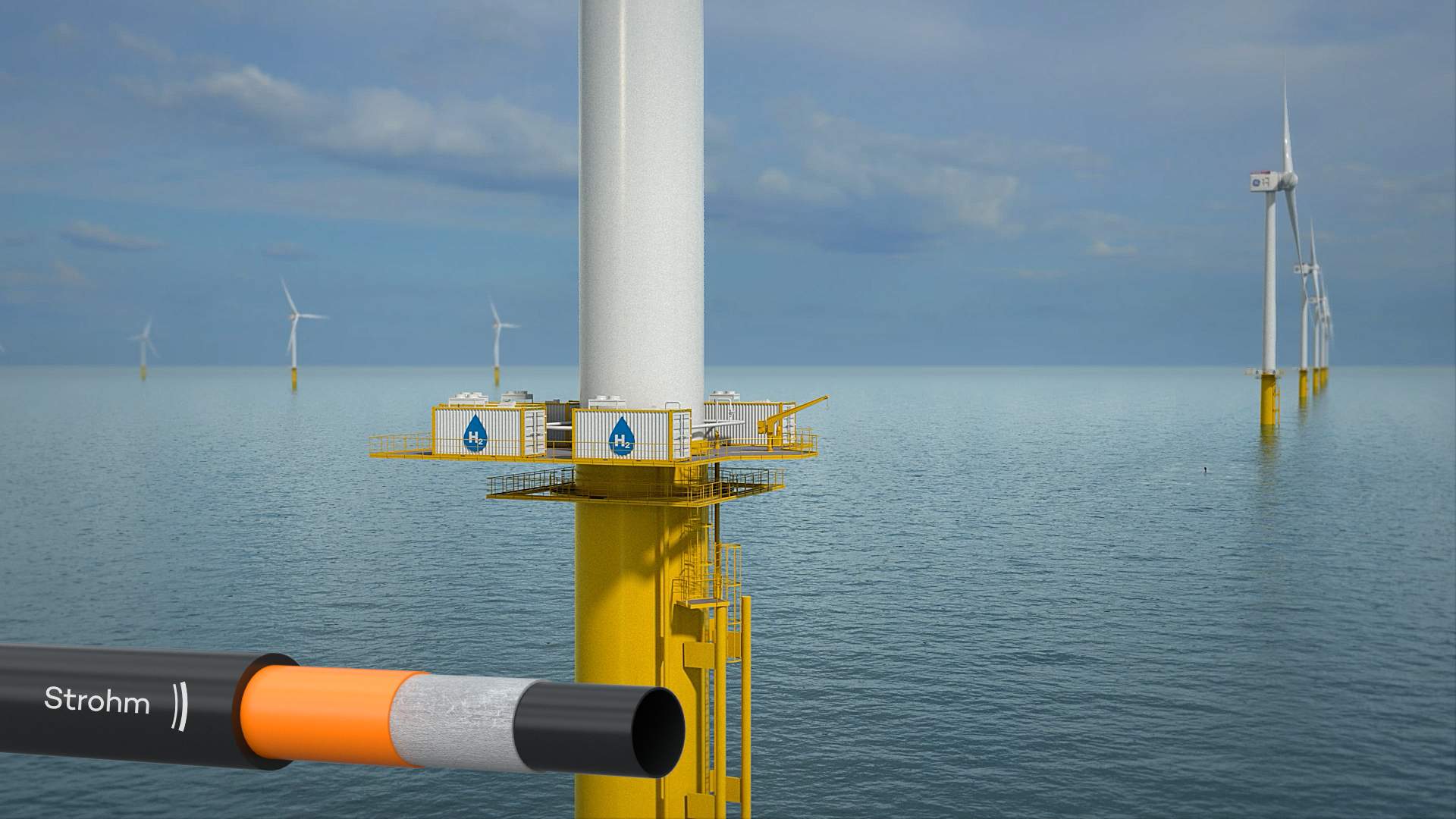TCP Hydrogen Testing Program Successfully Completed

Strohm has announced it has recently completed an extensive hydrogen testing program on its Thermoplastic Composite Pipe (TCP) at Tüv-Süd in Germany. How will this demonstrate the benefits of TCP for use in hydrogen projects?
TCP is a strong, non-corrosive, spoolable, lightweight technology that is delivered in long lengths. This results in a significant reduction in transportation and installation costs.
It is installed using small vessels or subsea pallets, significantly helping to reduce carbon emissions, and it is 100 per cent recyclable.
TCP could help support future hydrogen infrastructure
Carried out over six months, the comprehensive permeation assessment covered a range of pressures and temperatures, using a full-scale TCP equipped with two end-fittings, with highly promising results.
The TCP itself and the end-fittings exhibited exceptionally low hydrogen permeation values, underscoring the technical suitability of the product for high-pressure hydrogen service. This is a critical requirement in the evolving landscape of clean energy solutions.
In addition, the study shed light on the remarkable barrier properties of the TCP’s reinforcement layer.
The technology will offer corrosion resistance
Bart Steuten, Product Development Manager, Energy in Transition at Strohm, explained that TCP can help hydrogen projects to focus on being as sustainable as possible: “As the world transitions toward sustainable energy sources, TCP’s performance in hydrogen transport positions it as a key player in the energy transition journey.”
Continuing, Bart added: “Not only does it ensure extremely low levels of permeation, especially when compared to conventional pipes, but it is also spoolable and simple to install, meaning it slashes the carbon intensity of projects.”
We would like to thank Tüv-Süd for their cooperation in this study, the results of which clearly demonstrate the benefits of TCP for use in hydrogen projects.
When compared to traditional unreinforced pipes, the TCP demonstrated a significant reduction in hydrogen permeation, approximately tenfold.
The results demonstrate Strohm’s TCP technology feasibility as a robust and reliable solution for offshore hydrogen infrastructure, offering corrosion resistance, superior fatigue life, and a reduced environmental footprint.

